Man:
Say his name.
Crowd:
Daunte Wright.
Frederica Freyberg:
Demonstrations through the week over another Black man shot and killed by a police officer in a Minneapolis suburb. The same week testimony in the criminal trial of Derek Chauvin wrapped up, after weeks of evidence, including the repeated replay of video detailing the death of George Floyd, who succumbed after the police officer held him down with his knee. How triggering are these relentless events? How oppressive is the feeling that Black lives don’t matter? We check in with Dr. Alvin Thomas, clinic psychologist and assistant professor at the UW-Madison School of Human Ecology. Doctor, thank you for being here.
Alvin Thomas:
You’re welcome. Thank you for having me.
Frederica Freyberg:
How are the Chauvin trial for the office charged with the killing of George Floyd and the police killing of Daunte Wright affecting the mental health of Black men and boys in particular right now?
Alvin Thomas:
I think you put your finger on the pulse in that we’ve had these repeated experiences of Black Death being streamed into public spaces and private spaces for a lot of people. And whether it’s George Floyd or Daunte Wright or the countless others before and probably after this, what we’re seeing is this repeated exposure to images like this and in some cases video like this and in other cases just hearing about it. This repeated exposure constitutes some kind of potential trauma, in some cases direct trauma for the family members, but for others who are not necessarily directly related, that experience of vicarious trauma. These things that we experience both directly and indirectly have very stark negative impacts on our psyche and our ability to function normally.
Frederica Freyberg:
We see protests and demonstrations over what happened to George Floyd and Daunte Wright and so many others. You have said, “Black people are crying out and America is not listening and not responding because it hears the noise and not the pain.” What is this disconnect?
Alvin Thomas:
I think the disconnect is often that we see people first as roles, as social rules and social designations before we see them as human beings. And because we’re disconnected from that human connection, that joins all of us, that collective humanity, it’s a lot easier to dismiss sometimes what’s happening with another individual. That sudden loss of inner sense, that sudden change in our worldview, that the world is safe. That the world has opportunities for all, that the world is a place that’s full love, that is suddenly and permanently transformed into a worldview of the world as an unsafe, scary, dangerous, unpredictable space.
Frederica Freyberg:
Some decry the property destruction of protests. But is that expression of anger among those protesting wrong?
Alvin Thomas:
I think we get into a weird space when we start to legislate wrong and right with regard to an individual’s attempt to express something that’s not being heard. If I bring it back to just how a child would react, for instance, if a child is reacting to something that’s happening inside of them or some perceived mismatch between the needs that they have and the society or the family’s attempt to meet those needs, if that mismatch continues to go on and the child is not seen, there’s a frustration in meeting those needs, eventually the individual starts to act in different ways to attract attention to the issue. And I think that’s what I’m talking about when I say we hear about these cries. We hear about the protests. We hear about the destruction of property, but underlying the protests and the destruction of property is that cry that says I am human and you’re not hearing me.
Frederica Freyberg:
The CDC just declared racism a serious public health threat, and you wrote, once again, I quote your own words, that “as we speak the Black community is being devastated by catastrophic losses. Both the loss from COVID-19 and at the hands of police in a different kind of a fatal epidemic.” How overwhelming is this vulnerability?
Alvin Thomas:
I think the vulnerability is far more than we are seeing. I think what we are seeing are the things that are on the surface. In line with the CDC’s declaration, the APHA – American Public Health Association – had a similar declaration in 2019 and 2020 addressing a number of different elements of the problematic relationship that our institutions have with Black communities. What we are seeing, though, an awareness — maybe not so much — well, a growing awareness of the symptoms of the larger issue, but without the determination to address the underlying issues, which is historical and deeply entrenched marginalization of certain groups, one of them being the Black community.
Frederica Freyberg:
What is your message to people struggling with mental health triggered pointedly right now?
Alvin Thomas:
Look at the people around you to see whether or not you’re seeing a change, a drastic change in their behavior. That’s usually the first sign that something is happening for the individual that they’re harboring, they’re dealing with something on the inside that they can’t yet find space to explore it.
One of the things that a few of my colleagues and I from the Urban League of Madison and from
New Balance Life Wellness [?] with some monies from the WPP partnership have done is to do some work specifically with Black men and Black boys, trying to support them and to engage in mental health conversations. And that is probably one of the first steps. Giving people the space to be able to share their stories, unfettered and unjudged and supported in sharing their stories and getting the support that they need.
Frederica Freyberg:
All right. We leave it there. Thank you very much. Thanks for your insights, Dr. Alvin Thomas.
Alvin Thomas:
You’re welcome. Thanks very much.
Search Episodes
News Stories from PBS Wisconsin

Donate to sign up. Activate and sign in to Passport. It's that easy to help PBS Wisconsin serve your community through media that educates, inspires, and entertains.
Make your membership gift today
Only for new users: Activate Passport using your code or email address
Already a member?
Look up my account
Need some help? Go to FAQ or visit PBS Passport Help
Need help accessing PBS Wisconsin anywhere?

Online Access | Platform & Device Access | Cable or Satellite Access | Over-The-Air Access
Visit Access Guide
Need help accessing PBS Wisconsin anywhere?

Visit Our
Live TV Access Guide
Online AccessPlatform & Device Access
Cable or Satellite Access
Over-The-Air Access
Visit Access Guide
 Passport
Passport





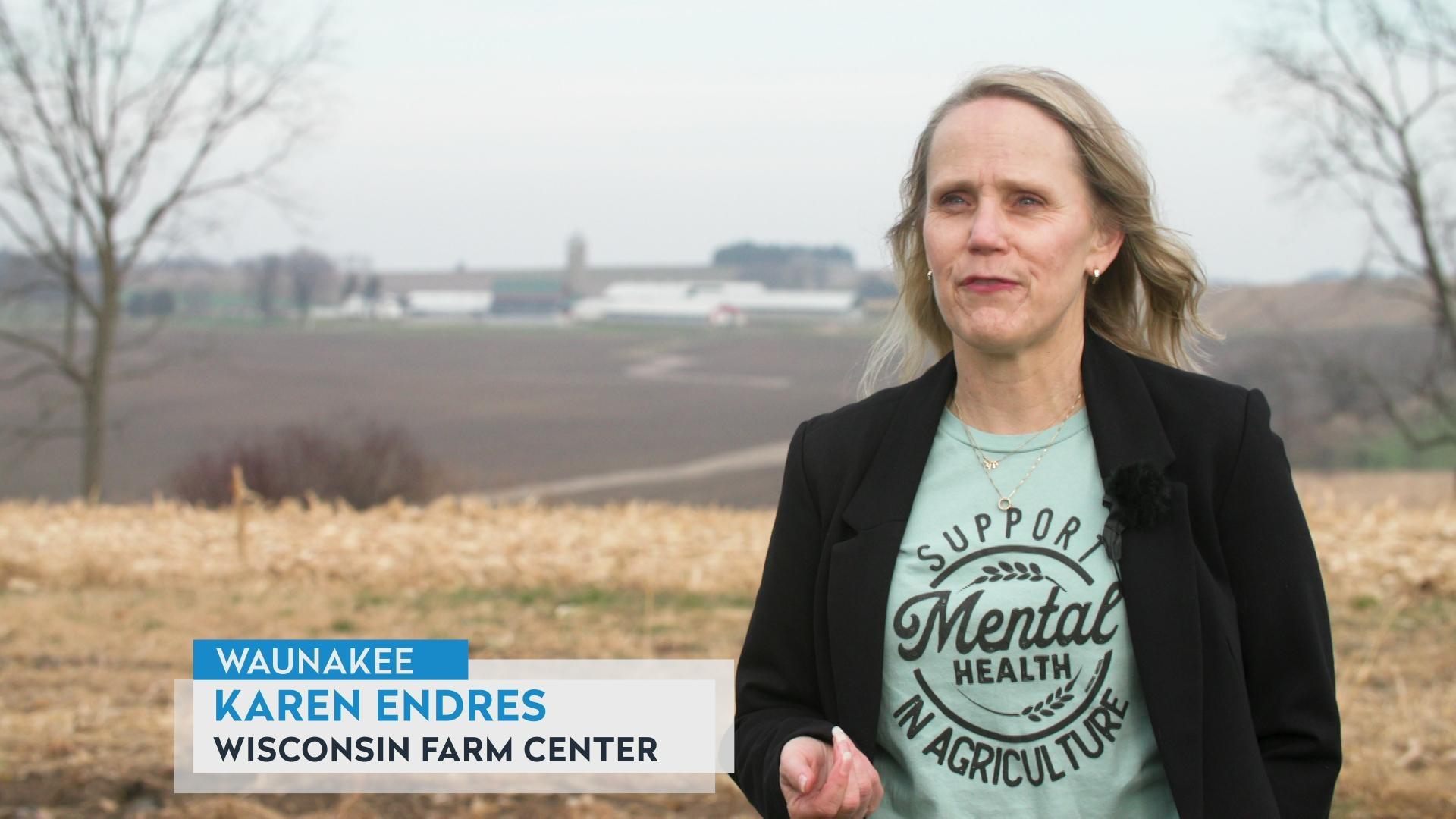
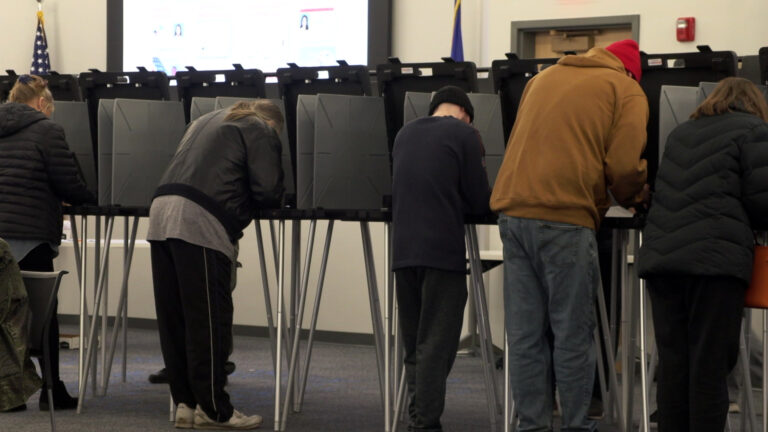
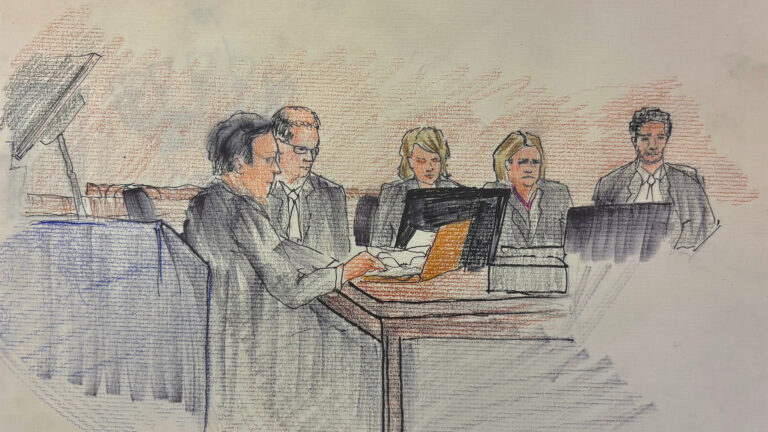
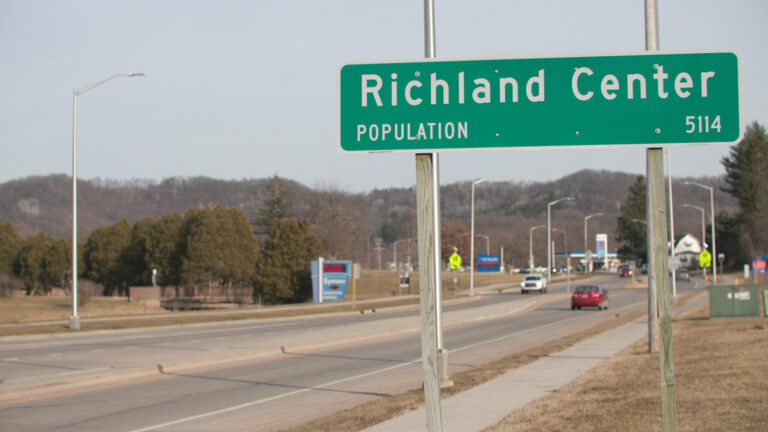
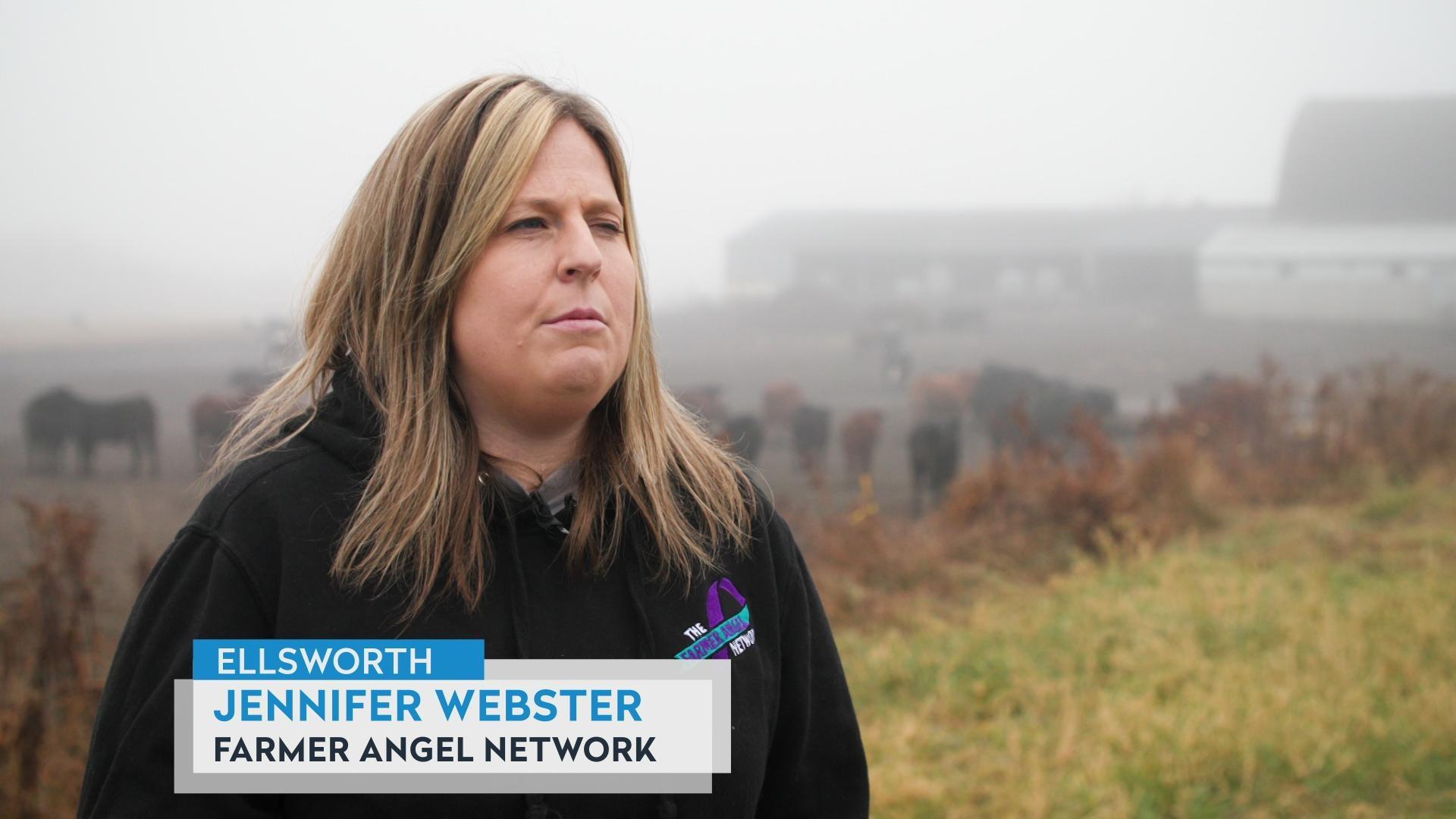
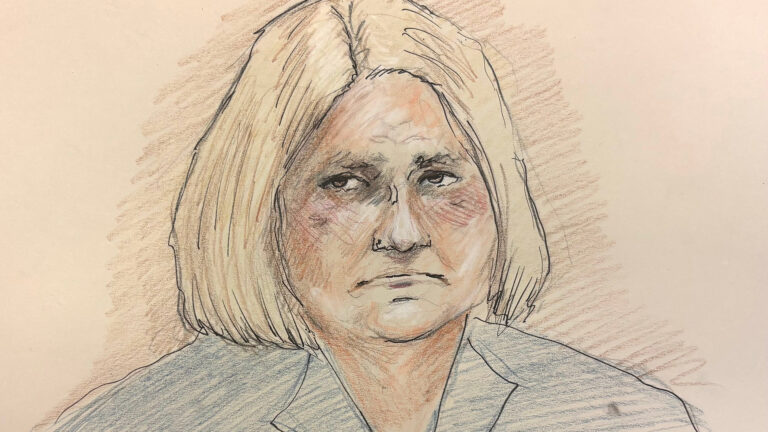
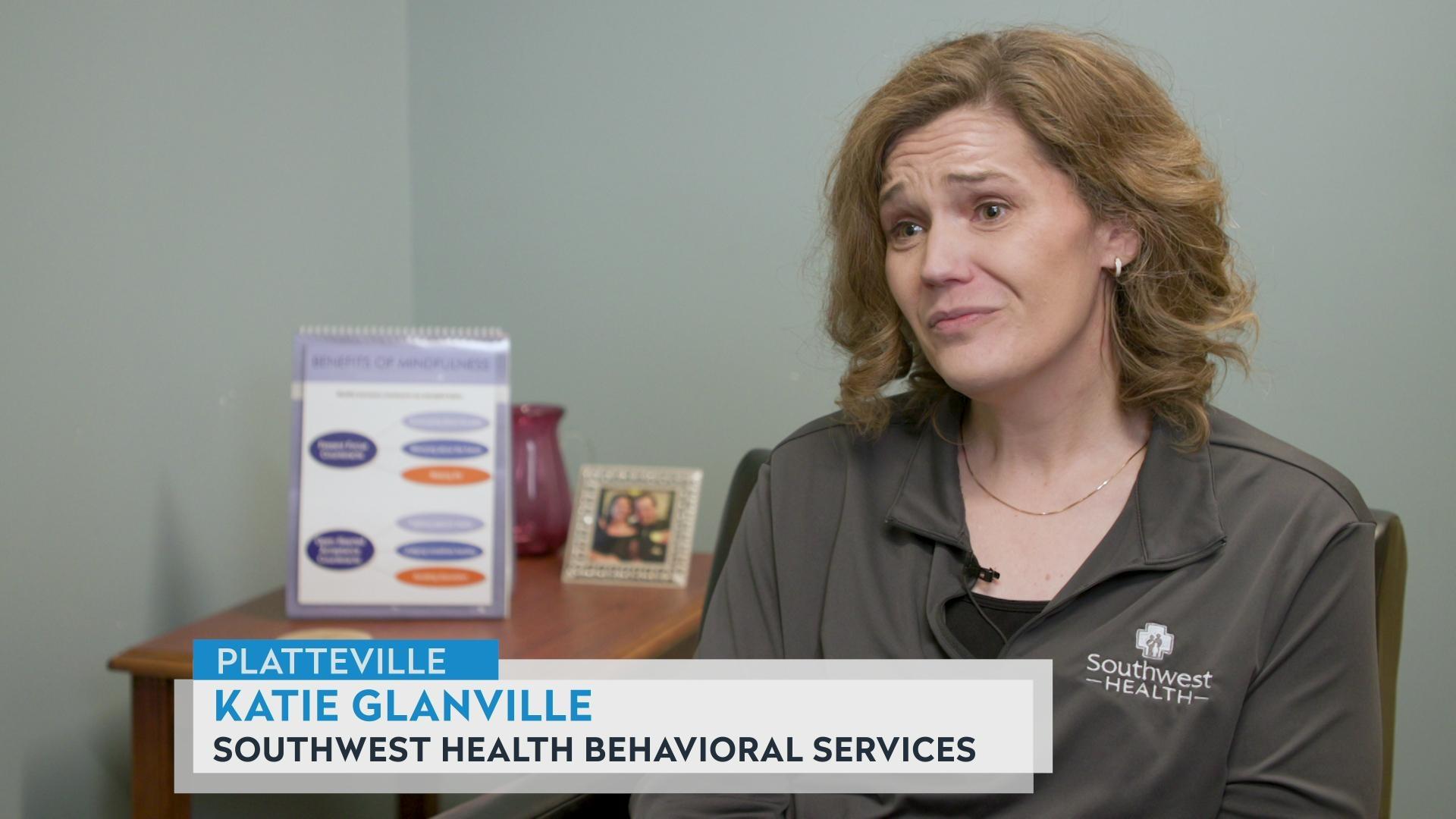






Follow Us